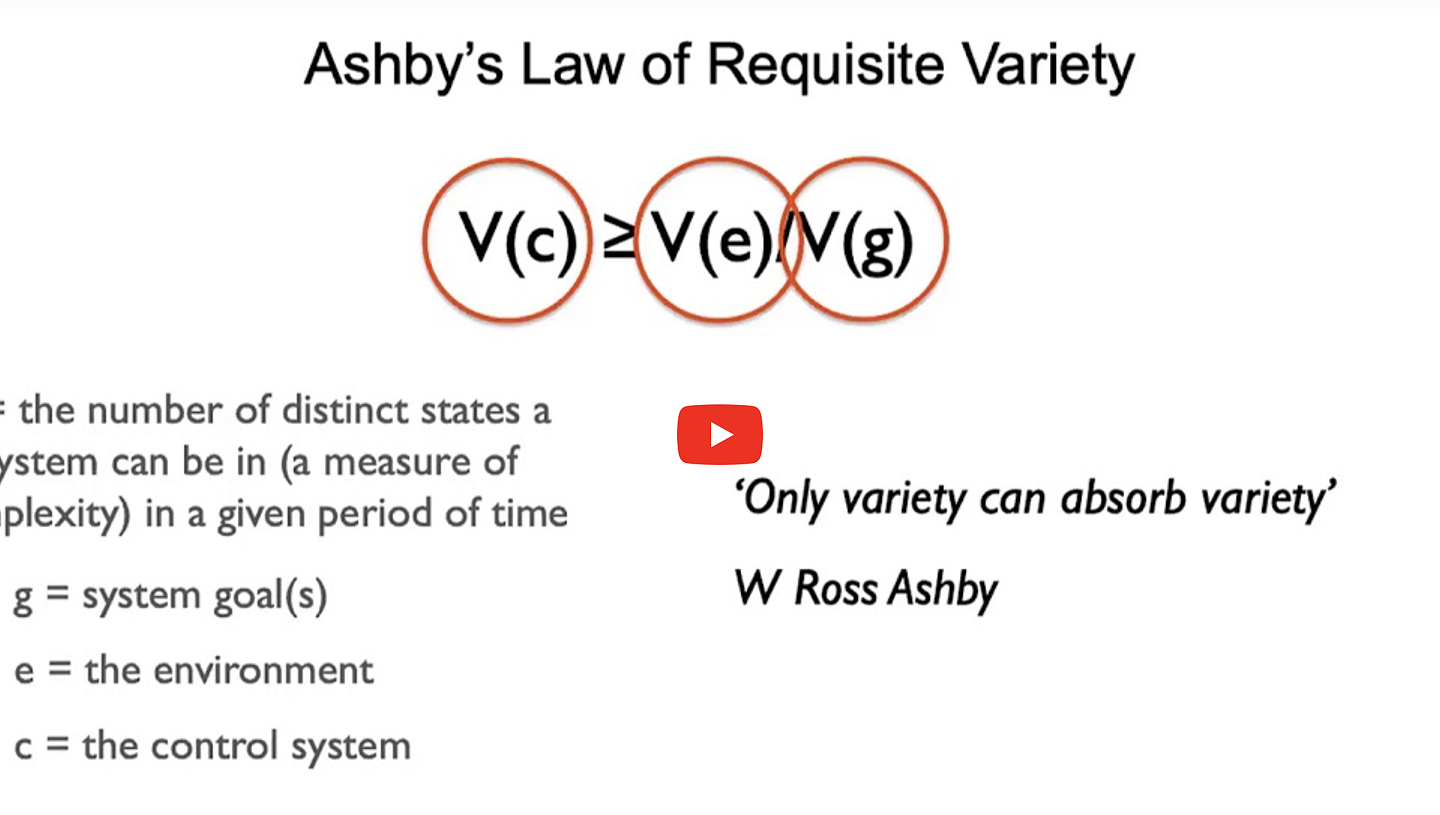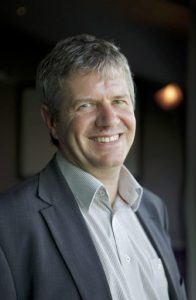
It has been said that Stafford Beer was 50 years ahead of his time. In this webinar Steve Morlidge will reflect on the relevance of the VSM from the perspective of someone dedicated to helping finance practitioners half a century distant after the first edition of Brain of The Firm was published.
Speaker Bio

Steve Morlidge has 30 years of practical experience in designing and running performance management systems in Unilever, including three years as the lead of a global change project. He is a former chairman of the European Beyond Budgeting Round Table and now works as a management thinker, writer and speaker, drawing on his years of experience at the leading edge of performance management thought and practice. Steve Morlidge published Future Ready: How to Master Business Forecasting, John Wiley, 2010, ‘The Little Book of Beyond Budgeting’ and ‘The Little Book of Operational Forecasting’ through Matador in 2017 and 2018 respectively. His latest book ‘Present Sense: A practical guide to the science of measuring performance and the art of communicating it, with the brain in mind’ was published in November 2019.
He is on the editorial board of Foresight, a forecasting practitioner’s journal published by the International Institute of Forecasting to which he regularly contributes. He is also a cofounder of CatchBull, a supplier of forecasting performance management software and sits on the non-executive Board of the Beyond Budgeting Institute. Steve Morlidge is a visiting fellow at Cranfield University, Bedfordshire, UK and has a PhD from Hull Business School in Yorkshire, UK focusing on the application of systems concepts to the design of complex organisations. He completed his BA with honours, and he is a qualified management accountant (CIMA).
He can be reached at steve.morlidge@satoripartners.co.uk or steve.morlidge@catchbull.com
